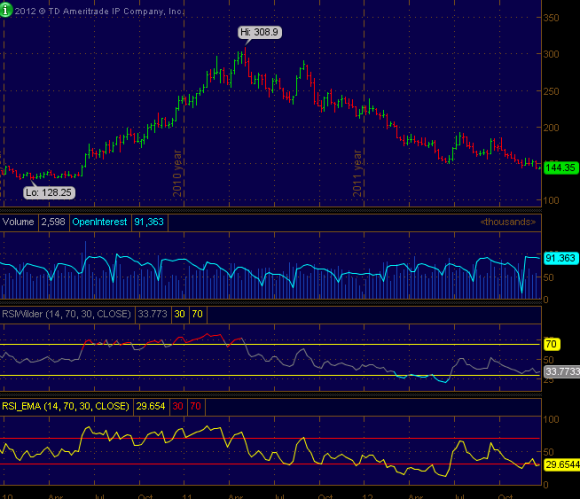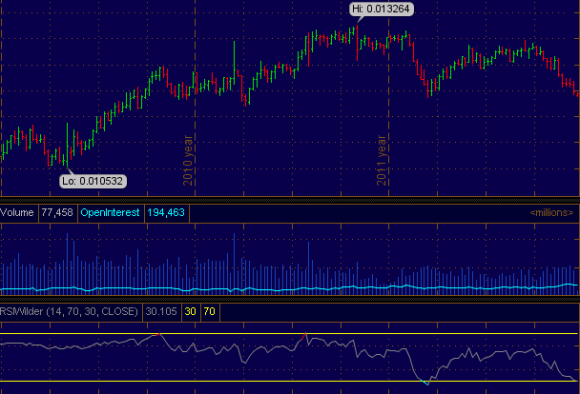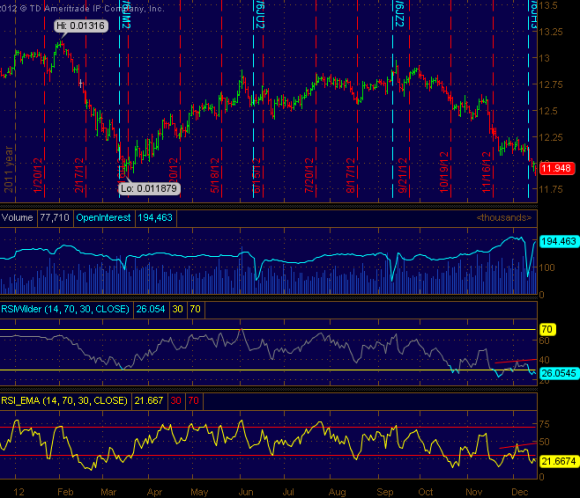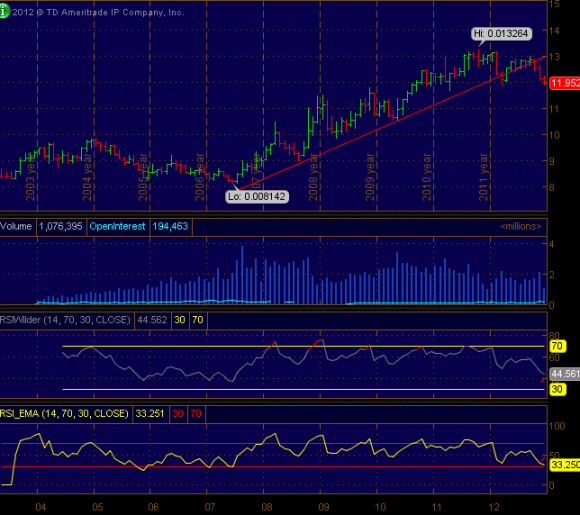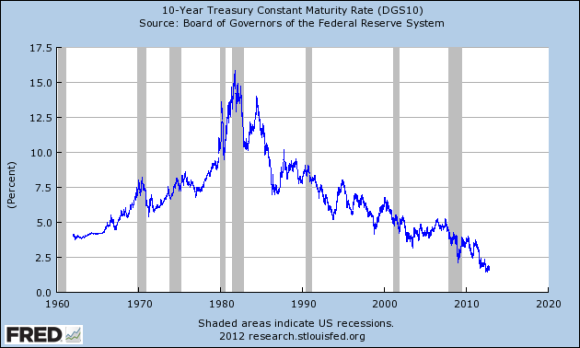Excellent interview here in the Times with this most decent of bureaucrats. She understood why the bailouts were not just wrong but unnecessary:
As she thinks back on it, Bair views her disagreements with her fellow regulators as a kind of high-stakes philosophical debate about the role of bondholders. Her perspective is that bondholders should take losses when an institution fails. When the F.D.I.C. shuts down a failing bank, the unsecured bondholders always absorb some of the losses. That is the essence of market discipline: if shareholders and bondholders know they are on the hook, they are far more likely to keep a close watch on management’s risk-taking.
During the crisis, however, Treasury and the Fed were adamant about protecting debt holders, fearing that if they had to absorb losses, the markets would be destabilized and a bad situation would get even worse. “What was it James Carville used to say?” Bair said. “ ‘When I die I want to come back as the bond market.’ ”
“Why did we do the bailouts?” she went on. “It was all about the bondholders,” she said. “They did not want to impose losses on bondholders, and we did. We kept saying: ‘There is no insurance premium on bondholders,’ you know? For the little guy on Main Street who has bank deposits, we charge the banks a premium for that, and it gets passed on to the customer. We don’t have the same thing for bondholders. They’re supposed to take losses.” (Treasury’s response is that spooking the bond markets would have made the crisis much worse and that ultimately taxpayers have made out extremely well as a consequence of the government’s actions during the crisis.)
She had a second problem with the way the government went about saving the system. It acted as if no one were at fault — that it was all just an unfortunate matter of “a system come undone,” as she put it.
“I hate that,” she said. “Because it doesn’t impose accountability where it should be. A.I.G. was badly managed. Lehman Brothers and Bear Stearns were badly managed. And not everyone was as badly managed as they were.”
Paulson, Bernanke and Geithner come across as callous SOBs when it comes to taxpayer funds, whose only concerns are for their friends in banking.
This next bit I do not agree with:
Grudgingly, Bair acknowledged that some of the bailouts were necessary. There was no way, under prevailing law, to wind down the systemically important bank-holding companies that were at risk of failing. The same was true of a nonbank like A.I.G., which the government wound up bailing out just two days after allowing Lehman Brothers to fail. An A.I.G. bankruptcy would have been disastrous, damaging money-market funds, rendering giant banks insolvent and wreaking panic and chaos. Its credit-default swaps could have brought down much of the Western banking system.
“Yes, that was necessary,” Bair said. “But they certainly could have been less generous. I’ve always wondered why none of A.I.G.’s counterparties didn’t have to take any haircuts. There’s no reason in the world why those swap counterparties couldn’t have taken a 10 percent haircut. There could have at least been a little pain for them.” (All of A.I.G.’s counterparties received 100 cents on the dollar after the government pumped billions into A.I.G. There was a huge outcry when it was revealed that Goldman Sachs received more than $12 billion as a counterparty to A.I.G. swaps.)
Bair continued: “They didn’t even engage in conversation about that. You know, Wall Street barely missed a beat with their bonuses.”
“Isn’t that ridiculous?” she said.
Yes, there would have been additional pain and panic had there been no bailouts at all, but we would also have cleared the banking system of bad debt and well into a real recovery by now, instead of this jobless GDP/QE faux recovery. When banks fail en masse, it’s not the end of the world – assets just move from weak to more competent hands. There were plenty of strong banks that were gyped of well-deserved deposits that should have fled crappy behemoths. The pre-Fed, pre-FDIC era saw the fastest growth and improvement in living standards of modern history because of this creative destruction, so it is a sign of the times that the most conservative, taxpayer-freindly politician or bureacrat with any significant power (unlike Ron Paul) is still in favor of bailouts.
Here’s a bit from a post I made in October 2008, when this was all going down:
What will happen if government doesn’t lift a finger?
The owners of McMansions will lose them to the banks or other mortgage holders, and those mortgage holders, if they bought the paper with loans of their own, will lose them to others, and so on. Almost every bank in the world will fail. They have all come to depend on deposit insurance and central banks to cover for the fact that they have been reckless and insolvent from nearly day one. There will be no bank lending at all.
What will happen to the depositors? Well, almost all of their money will be lost.
So, that is what we are looking at: every bank failing, zero bank lending, almost all the money in the world going to heaven. How is that not the end of the world? Simple: It is a reverse split. In 2006, let’s say, there was a million dollars in total bank deposits. Then in 2008 all the banks go under. All that is left is the cold cash in people’s pockets, let’s say $100,000 in all.
That remaining cash becomes extremely valuable. It has to work where one million did before. If you had $10 in your pocket and $90 in the bank, you now treat each dollar as if it were ten. The key is that so does everyone else. The world still has its unit of account and medium of exchange, we have just moved the decimal point over on all prices. (Note: gold and silver would rapidly re-enter circulation and quickly become the preferred money, as they always do until government outlaws them).
Of course, deflation on this scale makes debts unpayable, so essentially all debt is defaulted upon, but of course most creditors are bankrupt too. Contracts have to be renegotiated or annulled. No big deal, really. The assets are all still there, just the same as before. Nothing has burned down. A car bought on credit still gets the same mileage as before its loan went bad, a house keeps you just as dry.
Trust the prudent and smart, not bankers and politicians.
Such an event brings about a massive transfer of wealth from the reckless to the prudent and farsighted, who are exactly the people you want making the decisions about what to do with money and assets after the crash. They are statistically and philosophically the best equipped to decide what will generate the highest returns with the lowest risk. Life goes on. There is nothing to rebuild because nothing was destroyed. It is all just reordered in a more sensible fashion. The house in the desert is scrapped for materials. The Lehman mortgage traders find something productive to do, like drive cabs.
But that outcome is so quaint, so 1800s, so gold standard. We’re more scientific today. Bernanke is a wise economist. Congress is benevolent. War is peace, and lies are truth.


